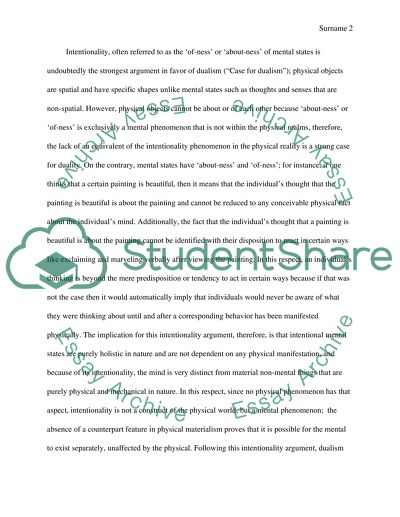Cite this document
(“Substance dualism is necessary for beings to have free will Essay - 1”, n.d.)
Retrieved from https://studentshare.org/philosophy/1493446-substance-dualism-is-necessary-for-beings-to-have
Retrieved from https://studentshare.org/philosophy/1493446-substance-dualism-is-necessary-for-beings-to-have
(Substance Dualism Is Necessary for Beings to Have Free Will Essay - 1)
https://studentshare.org/philosophy/1493446-substance-dualism-is-necessary-for-beings-to-have.
https://studentshare.org/philosophy/1493446-substance-dualism-is-necessary-for-beings-to-have.
“Substance Dualism Is Necessary for Beings to Have Free Will Essay - 1”, n.d. https://studentshare.org/philosophy/1493446-substance-dualism-is-necessary-for-beings-to-have.


